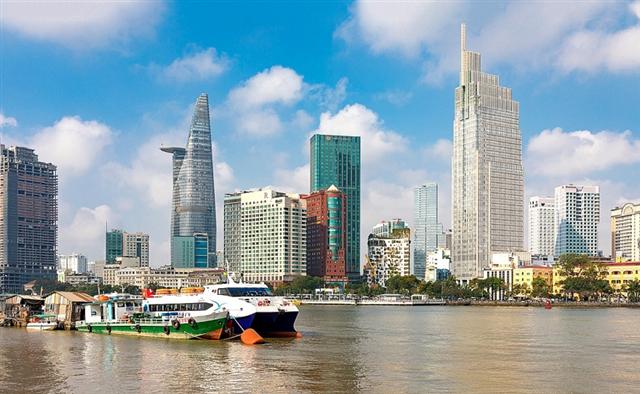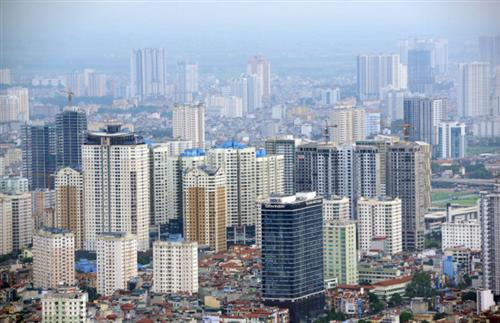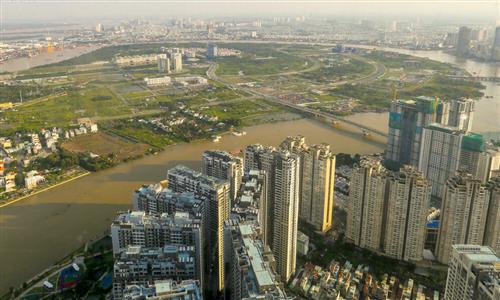Ho Chi Minh City suggests halving land lease tax for real estate companies
Ho Chi Minh City suggests halving land lease tax for real estate companies
Ho Chi Minh City People’s Committee has just submitted a proposal to the prime minister to introduce a range of supportive measures to help out the real estate market which has been strongly impacted by the coronavirus.
Accordingly, the committee suggested the prime minister to consider and permit cutting land lease tax by half for real estate developers in 2020 and 2021.

Ho Chi Minh City suggested drastic measures to help out real estate companies
|
Together with real estate, Ho Chi Minh City People’s Committee is looking to resolve difficulties for several sectors, including tourism, agriculture, rural development, export, and supporting industries. These are the areas most heavily impacted by the pandemic.
The city proposed the PM to expand the timeline to fulfil tax obligations for real estate developers and enterprises, allowing late payment of taxes (personal income tax, corporate income tax, value-added tax, and import tax) for enterprises and proposed to postpone the timeline to pay tax till the third or fourth quarter of this year.
The city also proposed the prime minister to halve value-added tax, corporate income tax, and import tax, as well as to reduce personal income tax for tourism workers based on the assessment of damage from the disease.
The Ho Chi Minh City Real Estate Association (HoREA) also recently submitted a petition to the PM to support real estate businesses in difficult times due to the disease.
In particular, the HoREA proposes the government to add real estate sector to the list of business fields that can be eligible for a five-month extension of value-added tax payment starting from March 2020.
Ho Chi Minh City real estate developers have been having great difficulties with large inventories in the first three months of this year.
According to the HoREA, between October 2015 and the end of 2018, there were 126 commercial housing projects stuck with investment procedures as they are located on land that includes a mixture of plots earmarked for different land uses.
In addition, 158 other real estate projects built on land managed by the state were halted and are being reviewed for compliance.



























